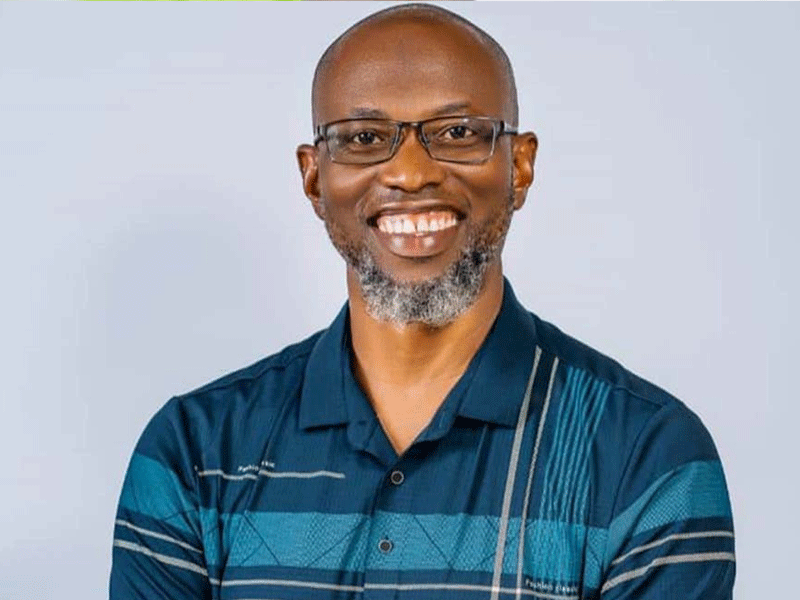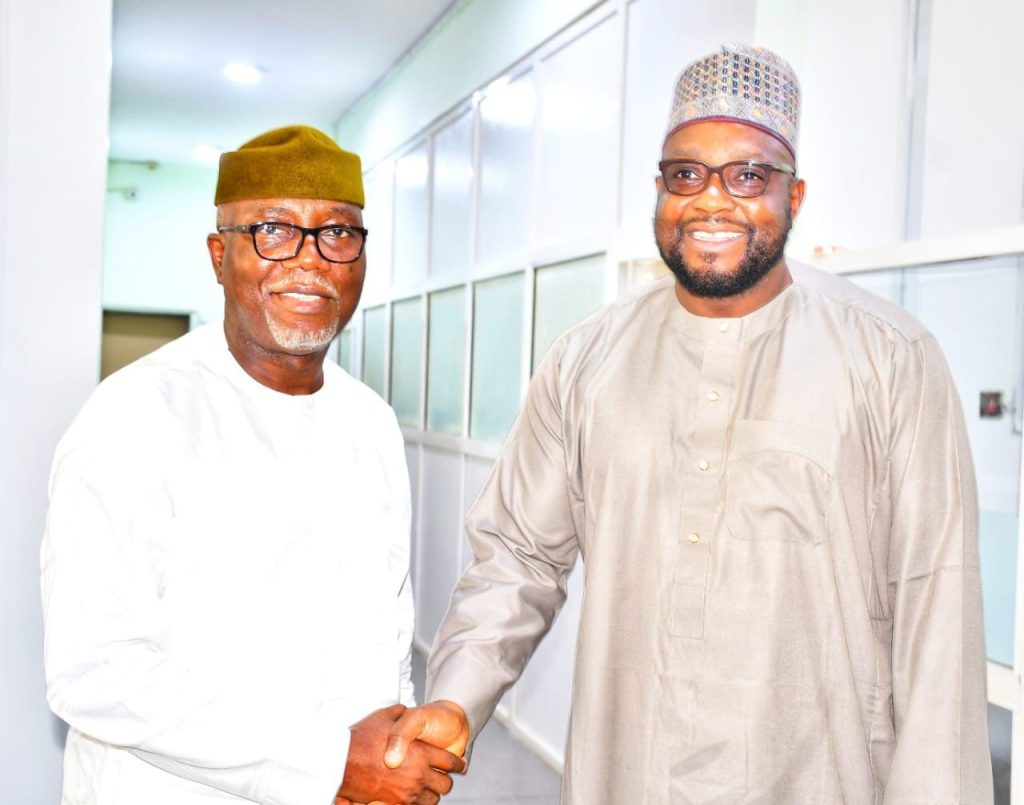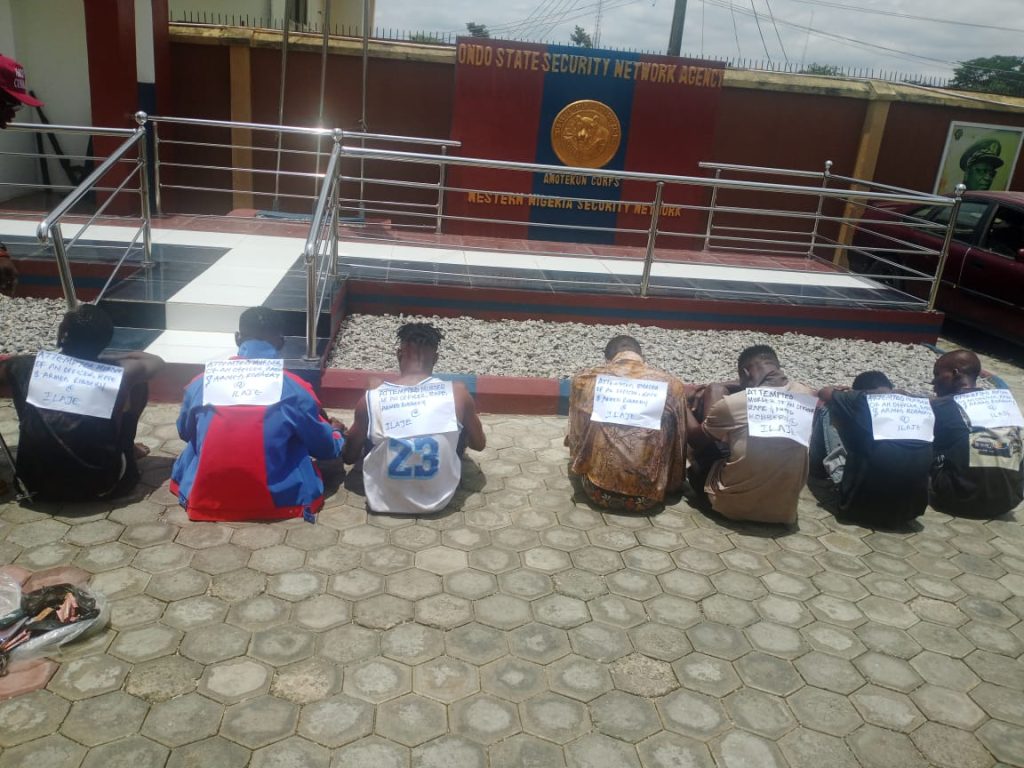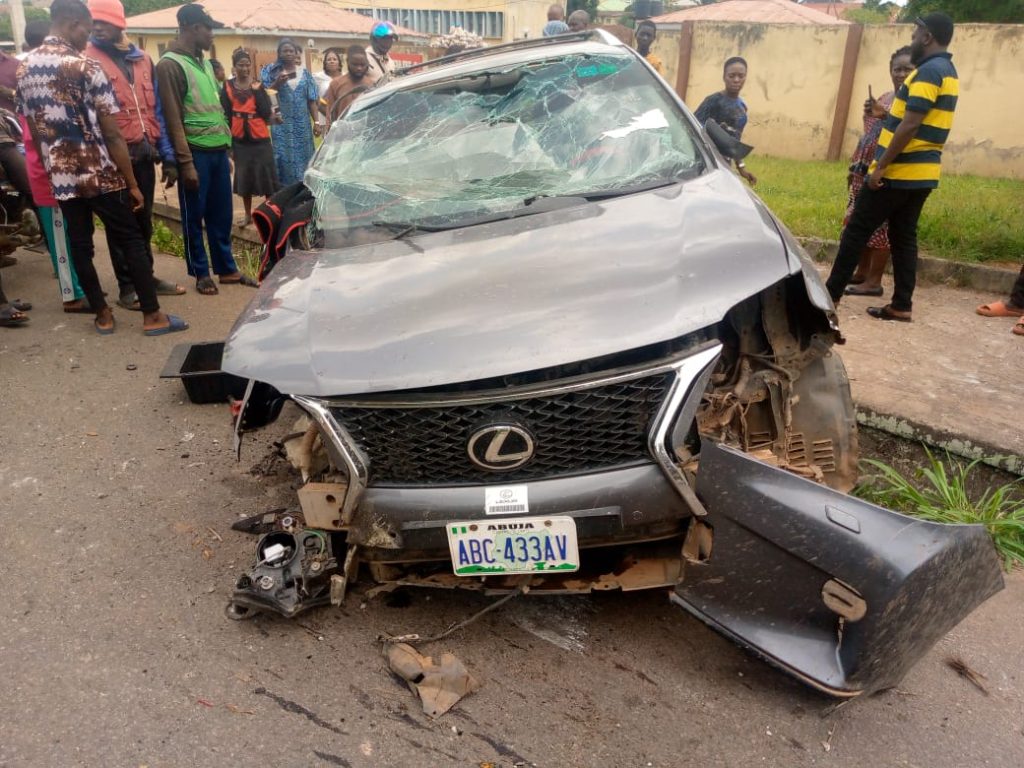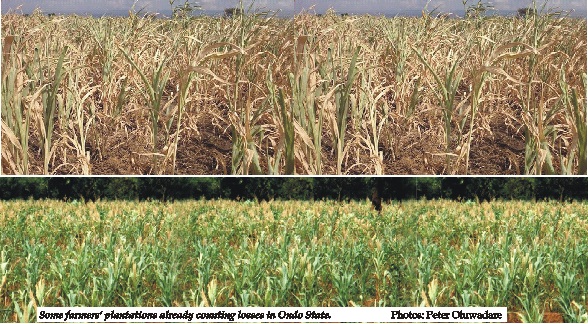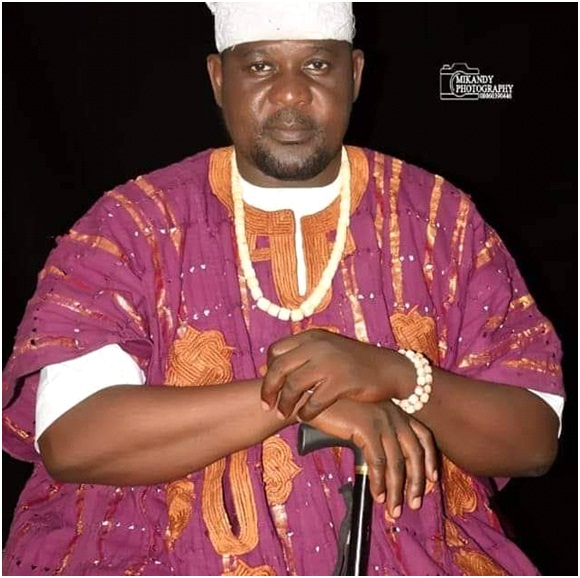20 years of uninterrupted democracy
20 years of uninterrupted democracy
By Bisi Olominu
|
Nigeria the acclaimed ‘Giant of Africa’ returned to democracy at the expiration of military rule in 1999. Today therefore marks the twentieth anniversary of return to civil rule in the country.
Nigeria has thus had twenty years of uninterrupted democracy, with the 2019 general elections being the country’s sixth since 1999.
Despite the sustained period of civil rule, Nigeria’s democracy remains wobbling and tumbling, undeveloped, hampered by crass politics and failed institutions.
Our politics since the adventure of democracy is still characterised with hatred, lack of vision, killings, maiming and several other vices. Everything that could go wrong with elections–violence, intimidation, disenfranchisement, vote-buying, incompetence of the electoral body, etc – exist in Nigeria. If “peace accords” must be signed before every general election, if elections are always postponed for security and logistical reasons, then that democracy is troubled and immature. Yet, that’s the state of Nigeria’s democracy twenty years on.
To be sure, the 1999 general elections, which returned Nigeria to civil rule, set a bad precedent. The outcome of the presidential poll was fixed by the military and it was manipulated to suit their purpose. It was not only a shame, but a drawback to democracy as at the beginning, it was tailored for a purpose, mostly to cover the looting spree of the military leaving the stage.
Of course, a beneficiary of a fixed election can hardly conduct a free and fair one himself. The two general elections, in 2003 and 2007, conducted under President Obasanjo’s administration were massively rigged. In 2003, Obasanjo when running for a second term, the election was so flawed that former US president, Jimmy Carter, an observer, condemned it. The 2007 election that Obasanjo conducted, after his failed third-term plot, was also massively rigged, so much that international observers described it as “a charade” and even his handpicked beneficiary of the election, Umaru Musa Yar’Adua, admitted it “had shortcomings”.
During the administration of Goodluck Jonathan, the two general elections he conducted in 2011 and 2015, were broadly free and fair. However, they were seriously marred by violence, maiming, killings and there were institutional failure. In 2011, the Independent National Electoral Commission, INEC, postponed the National Assembly elections for two days after voting had started, blaming “late arrival of result sheets in many parts of the country”. Then, in 2015, the general election was postponed for six weeks on the ground of security challenges in the North East, which only affected 14 out of Nigeria’s 774 local governments. In a normal democracies of the world, such irritating scenarios would not have happened and accepted.
But Nigeria is nowhere near attaining any level of democratic sophistication! Yet, nothing tarnished the general elections under Jonathan’s presidency more than threats of violence and actual violence. In 2011, after Jonathan was declared winner of the presidential election, violent clashes spread across the North, leaving over 800 people dead. Provocative comments enveloped the country, the situation was so tense that many who could afford relocating abroad started relocating their families. But the spectre of violence was hugely escalated during the 2015 general election as rival politicians and their supporters threatened the disintegration of Nigeria if the election didn’t go their way. Those apocalyptic predictions forced the international community to predict that Nigeria will disintegrate in 2015. Thank God that the prediction did not come to fruition. President Jonathan and General Buhari signed peace accords twice before General Abdusalam’s Peace Committee, but the accords was nearly broken by the main parties and their supporters.
Indeed, the hysterical behaviour of one politician, Godsday Orubebe, who disrupted the collation centre as the results were going against his party, showed how desperate and volatile the situation was.
Former Minister of Sports and National Publicity Secretary of All Progressives Congress, APC, Mallam Bolaji Abdullahi said in his book On a Platter of Gold that members of the PDP urged Jonathan not to concede defeat, “conceding would be unwittingly giving credibility to a highly compromised electoral process”.
He even disclosed that four pronged approach was muted to destabilise the country and put it in abeyance. One was the Orubebe’s saga at the collation centre in Abuja, but his co-coup plotters chickened out at the last moment by not supporting to destruct the ongoing collation of results. Of course, history will always credit Jonathan for averting the impending Amageddon by conceding defeat even before the results were announced. But Jonathan’s singular act saved this country from another civil war.
If 2015 general elections was a child play, that of 2019 was monetised. It was what many called ” See and Buy”. Also, the spectre of violence has not gone away as in Rivers State and some states, the orgy of violence was much as the political gladiators used guns to settle scores.
Most commentators had thought that because President Muhammadu Buhari and Atiku Abubakar, are both from the North and of Muslim extraction, the threat of violence would be virtually non-existent. Alas ! Buhari and Atiku were made to sign two peace accords, the second witnessed by former presidents of Liberia, Tanzania and Botswana, as well as the Secretary-General of the Commonwealth, Patricia Scotland. Former US president Bill Clinton, who was to attend, allegedly backed out of the ceremony.
In the last 20 year of our democratic governance, Nigerians are yet to get real dividends of democracy as corruption is the order of the day. What politicians had carted away in the last 20 years of democracy would change the fortunes of Nigerians.
The judiciary that is saddled with the responsibility of dispensing justice equitable and upholding the law has proven to be a sanctuary for the rich and hell for the poor. This is proven in the cases involved the rich where justices were nailed to the cross for the rich in the society and the poor judgement too severe to the crime committed.
Everywhere, the States House of Assembly are bent to collapse this democracy and governance. Members have started giving themselves life pension. These are people who have not done anything to contribute to the growth of the present democracy. Many of the members are warped in thought and have cornered the dividends of democracy of their people.
In the National Assembly, nothing concrete has been achieved ever since. The place has become “Pension Board”, for former governors and opposition centre against the ruling party despite being in the majority.
Speaking on democracy in Nigeria, Lagos Central Senatorial Candidate of PDP in the just concluded general elections, Chief Adesunbo Onitiri rated democracy low in Nigeria in the last 20 years. He said, ” Despite 20 years of democracy, Nigeria is not yet out of the woods and our citizens are the worst for it because of poor leadership “.
” Nigeria celebrating 20 uneventful years of democracy. As one of those who fought for this fledging democracy, I stand to say boldly that Nigerians are yet to enjoy dividends of democracy because of poor, inefficient, selfish and corrupt leadership foisted on the country.
“Our citizens are the worse for it.” Onitiri therefore suggested that all political appointments and emoluments be reduced by half and savings therefore spent on the empowerment of youths and women.
Also speaking, the Publicity Secretary of All Progressives Congress, APC, in Ondo State, Mr. Steve Otaloro said that democracy has bring joy to Nigerians as they could now challenged those they put in place of authorities.
According to him, the last 20 years of democracy has been better for the country, saying that people are experiencing freedom and democracy giving hope to Nigerians that they could aspire to any position in the country.
“The military has done much havoc to the growth of democracy in Nigeria. The worst civilian government is much better that military government. The present civilian government is just like a baby trying to crawl, with great nurture, it would grow to become great very soon”.
Otaloro urged Nigerians not to be despondent, stressing that the present challenges would soon be over.
To Pa Joshua Adejobi, nothing concrete had been achieved in the country in the last 20 years. He described politicians in the country as greedy, selfish and having no interest of the country in their hearts.
“What we have achieved are kidnapping, Book Haram, corruption, killings, ritual killings, Yahoo Yahoo, unemployment and turning our girls into prostitution. We have not seen anything yet, if the issue of unemployment is not urgently addressed, what we are seeing now will be a child play. No wonder Wole Soyinka described the present generation as a wasted one.
“Politicians started the issue of Boko Haram, they started using our youths as thugs, see how the youths have turn to another thing. There is no peace in the northern states again. I lived in Jos and Kaduna states before, they were coolest places to be. Now theatre of war and people live in fear”.
Speaking on democracy in Nigeria, the Secretary of pan- Yoruba sociopolitical group, Afenifere, Bashorun Seinde Arogbofa lamented that dividends of democracy are yet to be delivered to Nigerians in the last 20 years.
“In Nigeria today, everybody is a government to himself. You have to provide your own water, light, construct your own road, provide your own medicated. Our saving grace is that there is no coup-de-tat in the country.
“Dividends of democracy are not yet there. Democracy has been overstretched, even if we don’t have coup-de-tat, we should pray that we don’t have civilian coup in the country. We are paying lip service to democracy in Nigeria, those in government don’t respect the judiciary anymore. Judgements are planted by the people at the top, where then is the government by the people for the people?
” Our graduates are roaming the streets, people cannot sleep with two eyes close. What we can just thank God for is that we have continuity in democracy in the last 20 years”.

